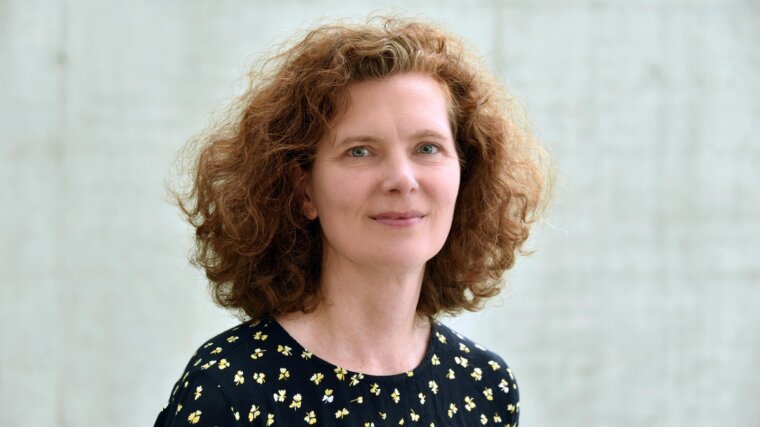
Do you know your water footprint? By that I mean the amount of water you consume on a daily basis. Each and every person in Germany uses over 5,000 litres of water every day. In addition to the 126 litres of water we use for drinking, cooking, washing and showering, most of our consumption can be traced back to the »virtual water« involved in the production and transportation of food and consumer goods. On average, 140 litres of water are needed for a cup of coffee, and around 4,000 litres of water go into producing a cotton T-shirt.
Just like the air we breathe, we need water to live. That's why the feature of this issue of LICHTGEDANKEN has been given the title »The Elixir of Life«. But the precious resource is limited. When it comes to the way we deal with water, environmental chemist Prof. Michael Stelter sees an urgent need for »transformation on a social and economic level« to counteract the looming shortages brought about by climate change and increasing pollution. Prof. Stelter is a spokesperson for the new »Thuringian Water Innovation Cluster« (»ThWIC«). This interdisciplinary network of science and business started its work in Jena earlier this month with the aim of developing innovative water technologies and establishing new ways for society to deal with water. In our LICHTGEDANKEN interview , Prof. Stelter assesses the current situation and explains why Jena is already a water hub.
In our feature, we present some of the topics emerging from the new cluster and also shed light on other water-related projects involving researchers from our university. For example, the Chairman of the Thuringian Climate Council, hydrogeologist Prof. Kai Uwe Totsche, discusses the effects of climate change on groundwater, and we present a research project that is using water as a raw material to produce »green« hydrogen.
In view of the energy crisis accelerated by the war in Ukraine, awareness of the finite nature of resources is also shaping the research and teaching at our university. We have conducted a survey to find out what our researchers are currently doing without - and also what they consider essential.
The aftermath of the war in Ukraine is the focus of our interview with the Russian historian Irina Shcherbakova. The co-founder of »Memorial«, the human rights organization that won the Nobel Peace Prize in 2022, is currently working as a visiting professor at our university. The portrait introduces her.
I hope you enjoy reading our magazine and always welcome any feedback, comments or criticism you may have. You can contact the editorial team and me at presse@uni-jena.de.